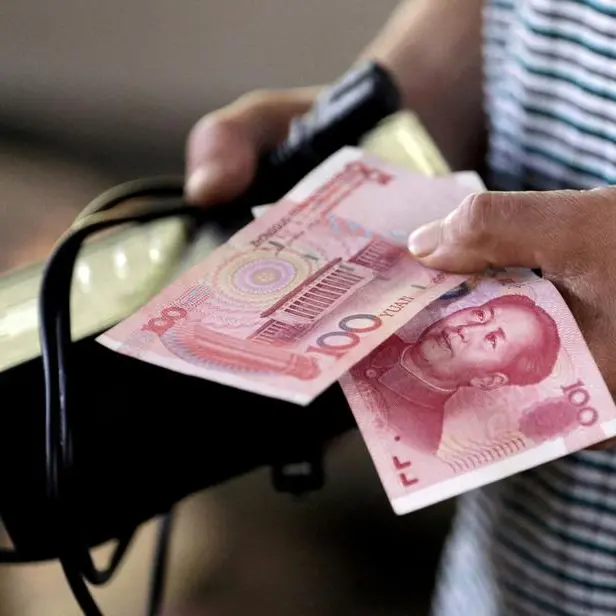PHOTO
(The author is a Reuters Breakingviews columnist. The opinions expressed are his own.)
HONG KONG - The Great Firewall of China is starting to work in two directions. Once focused on blocking offshore websites, authorities are increasingly hiding information from prying foreign eyes. It will obstruct the flow of the most useful capital.
Chinese bureaucrats have never been particularly welcoming to outsiders, but the post-Mao Zedong reform and opening movement did give them a clearer view. More reliable data helped the country attract over $3.2 trillion in foreign direct investment stock by 2020.
Access to the internet also allowed journalists to listen in to local complaints, contradicting rosy state media. Short sellers could use discrepancies between domestic corporate reports and U.S. securities filings to sniff out fraud. Overseas critics translated official pronouncements, police blogs and more to bolster their campaigns. Parochial local politicians who once naively assumed foreigners could not or would not read Chinese have learned otherwise.
Now regional governments and agencies are increasingly blocking offshore access to online information. Chinese ships have stopped broadcasting location data. Municipalities no longer feed bus and train schedules to Google Maps. Domestic economists and stock analysts are required to be upbeat in public, diluting the value of domestic content. Even LinkedIn China, a banal corporate network, has been shut down. The combined effect makes it harder to visit or invest in China, or connect with Chinese professionals.
Beijing seems confident that foreign capitalists will keep coming anyway. Cash pouring into Chinese stocks and bonds does look robust; northbound traders through Hong Kong Stock Connect hold around 2.6 trillion yuan ($410 billion) of mainland shares, according to data from local investor website Eastmoney. Americans owned over $1.3 trillion in Chinese securities in 2020, according to one estimate.
Unlike FDI, however, passive funds increasing their exposure provide no productivity spill-over, and they can reverse in a keystroke. The country isn’t short on money, it’s short on the output drivers that come from expertise and discipline supplied by long-term private investments from world-class companies.
Some of the direct investment numbers are flattered by foreign-exchange hedging between onshore and offshore affiliates. U.S. direct investment and venture capital inflows, both major providers of technology transfer, have been falling for years. Dumb money will flow around the newly reversed Great Firewall; it’s the smart money that will be repelled.
(The author is a Reuters Breakingviews columnist. The opinions expressed are his own.)
(Editing by Jeffrey Goldfarb and Katrina Hamlin) ((For previous columns by the author, Reuters customers can click on SWEENEY/ SIGN UP FOR BREAKINGVIEWS EMAIL ALERTS https://bit.ly/BVsubscribe | pete.sweeney@thomsonreuters.com; Reuters Messaging: pete.sweeney.thomsonreuters.com@reuters.net))





















